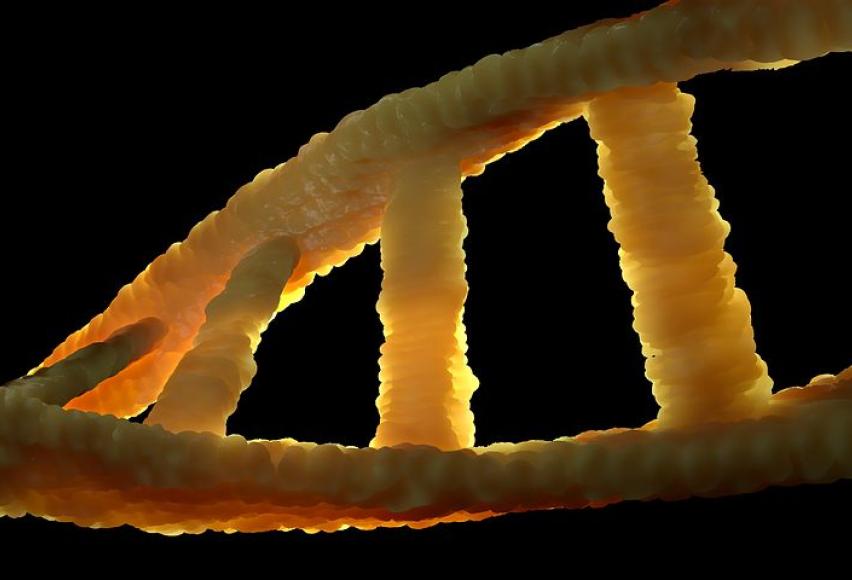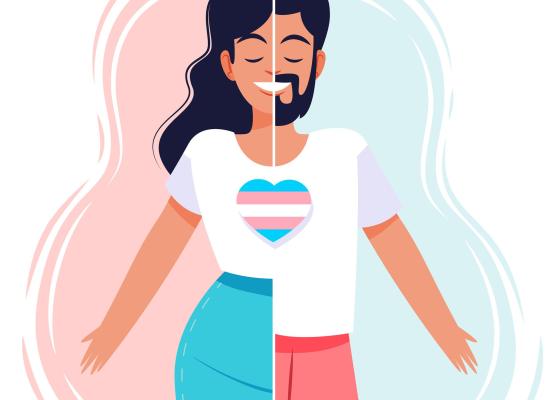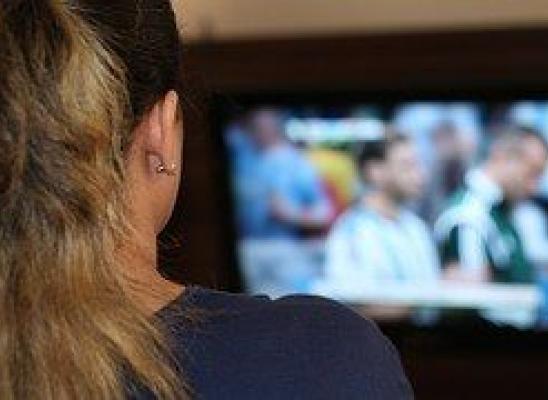Genetics and Other Possible Causes of Trich

Online test
Find out the severity of your symptoms with this free online test
According to Wikipedia, Human Genetics is defined as the study of inheritance that occurs in human beings. Human genetics encompasses a variety of overlapping fields including: classical genetics, cytogenetics, molecular genetics, biochemical genetics, genomics, population genetics, developmental genetics, clinical genetics, and genetic counseling. Genes can be the common factor of the qualities of most human-inherited traits. Study of human genetics can be useful as it can answer questions about human nature, understanding the diseases and development of effective disease treatment, and understanding genetics of human life. Due to mutations, in the make-up of our DNA, we can be more or less vulnerable to factors like heart disease, cancer and other chronic deseases. Being able to determine whether or not a condition is genetic can help identify people who are vulnerable to the condition in order to be more proactive in preventing onset or to be more aware of the signs and symptoms so that treatment can be accessed early on.
Is Trichotillomania Genetic?
Researchers estimates that the mutations linked to compulsive hair pulling only account for about 5% of trichotillomania cases. Although the SLITRK1 gene is the first to be linked to trichotillomania, researchers believe that there many other genes that likely contribute to the disorder. The SLITRK1 gene could be among many other genes that are likely to interact with each other to trigger trichotillomania and other psychiatric conditions.
Other factors that may cause Trichotillomania
However, if only about 5% of patients have the genetic mutation linked to trichotillomania, what is the cause in other patients? Here are some other aspects that were found during research that might have a link to the cause of Trichotillomania.
Secondary to other Mental Illness
Psychological and behavioural theories suggest a person may expierence the urge to pull their hair out as a way of relieving stress or anxiety. Trichotillomania involves compulsive behaviour, some experts believe it's closely related to obsessive compulsive disorder (OCD). OCD is thought to be caused by both biological and environmental factors, which may lead to a chemical imbalance in the brain which causes problems, such as compulsive and repetitive behaviours.
Abnormalities in the brain

Brain scans have revealed brain abnormalities in some people with trichotillomania. A lack of serotonin (the "feel-good" chemical in the brain) – treatment with a selective serotonin reuptake inhibitor (SSRI), which boosts serotonin levels, has been effective in some people with trichotillomania.
Changes in hormone levels
Trichotillomania is more common around ages when hormone levels frequently change, such as during puberty.
Regardless of the causes mentioned above it is clear that not everyone with a genetic predisposition, nor a known diagnosis of OCD pulls out their own hair; and conversely not everyone who suffers from trichotillomania necessarily suffers from OCD or has familial history of compulsive hair pulling. Research is yet to prove the main cause for Trichotillomania.
SOURCES: Züchner, S. Molecular Psychiatry, October 2006, vol 11. News release, Duke University Medical Center.
Online test
Find out the severity of your symptoms with this free online test
Start your journey with TrichStop
Take control of your life and find freedom from hair pulling through professional therapy and evidence-based behavioral techniques.
Start Now



